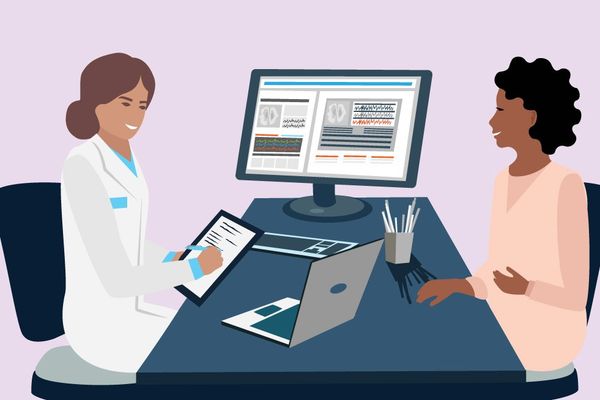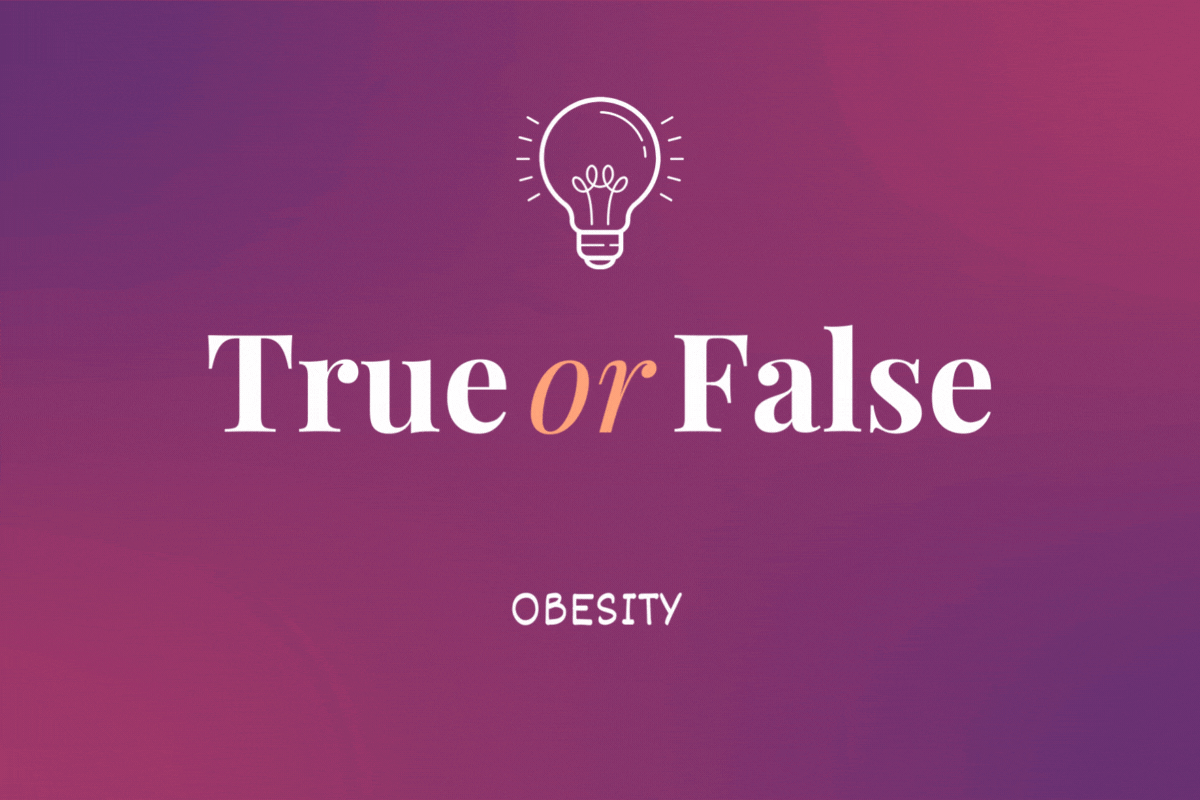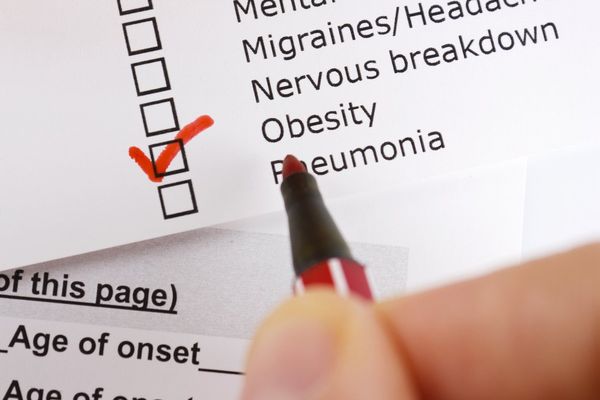If you've gained weight during the Covid-19 pandemic, you are not alone.
A year into the pandemic, an American Psychological Association survey showed that 45% of women report undesired weight gain, with an average addition of 22 pounds.
Gaining weight can make us feel insecure about our appearance or uncomfortable in pants we may have easily worn before. And there's no shortage of shame or stigma when it comes to our weight.
But weight alone is not the best measure of health, and weight stigma has been shown to be stressful, which in turn can be harmful to physical health.
Still, carrying extra weight can affect overall health and well-being.
In 2013, the American Medical Association recognized obesity as a disease, and a common one at that. Overall, 42% of adults in the United States have obesity, according to the Centers for Disease Control and Prevention (CDC).
As with many chronic diseases, there are safe and effective medical treatments for obesity, including five weight-management drugs approved by the Food and Drug Administration (FDA).
Obesity medications typically work in the brain to suppress appetite, increase a sense of fullness and decrease cravings, allowing people to think less about food and feel more satisfied with smaller portions, according to Dr. Florencia Halperin, a Harvard-trained and board-certified obesity medicine specialist.
Because these medications target the underlying biological factors that contribute to obesity, Halperin says they can be game-changing.
"I have treated thousands of patients who had struggled for years or decades trying every diet, gym plan — everything you can think of — without sustained results," she said, "and when they start a medication that works for them, they feel such a profound difference."
Medications should be part of an overall plan, she says, in conjunction with physical activity and a focus on optimizing nutrition for nourishment.
Halperin is one of a growing number of doctors who specialize in the treatment of obesity. This year, more than 1,100 physicians passed the American Board of Obesity Medicine exam, bringing the total obesity medicine specialists to more than 5,200.
Barriers to care
For many women, medically supervised weight-loss care can feel out of reach.
Health insurers often set a high bar for patients to access weight-loss medications. Even when the drugs are covered, patients typically have to jump through difficult prior authorization hoops.
And that's just for women with health insurance; 11% of non-elderly adult women were uninsured in 2019 and roughly one-third of adults are considered underinsured due to gaps in coverage or sky-high out-of-pocket costs.
"Obesity has been a stigmatized disease. And I see the lack of access to these medications as a direct consequence of this," Halperin said. "We strive to practice evidence-based medicine, and it is so frustrating when the scientific evidence is solid for efficacy of these medications, [but] insurance can just deny access."
Following the fads
When women can't get access to or don't know about medically sound weight-loss treatments, many turn to unproven methods and fad diets.
Americans spend approximately $2 billion per year on dietary supplements for weight loss, according to a 2017 study that also showed that more than one in five female-headed households had purchased weight-loss supplements. Older studies suggest that women and people of color are more likely to use unapproved weight-loss supplements.
Systematic reviews offer little evidence that weight-loss supplements work. Worse, some supplements actually do harm. According to the FDA, weight-loss supplements are three times more likely to cause severe medical injury than vitamins.
Unregulated supplements can interfere with heart rhythms, sleep and liver function, among other potential dangers.
"The list of harms is long," Halperin said. "I have myself taken care of many hospitalized patients who were harmed by over-the-counter weight loss supplements that promised to melt away the fat and other false claims."
Halperin advises people to avoid any product that is not approved by the FDA and prescribed by a qualified healthcare provider.
The Federal Trade Commission cracks down on supplement producers and suppliers who make false claims, but there are too many bad actors to banish them all from the marketplace, according to Allison Ivie, vice president at Center Road Solutions and a policy consultant to HealthyWomen.
"The supplement industry, it's such a vast product line that it's just 'Whack-a-Mole,'" Ivie said.
Advocacy in action
The FDA isn't authorized to regulate dietary supplements for safety and efficacy, so women who choose to use unregulated weight-loss products need to beware of what they may find available on the Internet.
Ivie encourages women considering supplements to use available tools to become as informed as possible. For example, Operation Supplement Safety offers screening tools to identify dangerous red flags and products to avoid.
The Obesity Action Coalition offers educational resources and help finding qualified healthcare providers. It also advocates for better access to safe treatment and for research to identify safe and effective new treatments.
And HealthyWomen has joined forces with the Black Women's Health Imperative to launch Reclaim Your Wellness, a campaign to raise awareness about obesity as a health crisis without bias and to ensure women have access to science-based weight-management care.
A bill before Congress right now could tangibly improve access to obesity care. The Treat and Reduce Obesity Act (TROA) of 2019 would require Medicare to cover obesity screening and treatment, including FDA-approved medications for weight management and care from a range of healthcare providers, such as dieticians and psychologists.
"I believe that working toward more widespread acceptance that obesity is a chronic disease and that it is treatable — using lifestyle strategies, together with medications (and also surgery, another very good treatment option) — is ultimately what will help us get these medications on every pharmacy benefits formulary," Halperin said.
Until that time, Ivie encourages women to celebrate their bodies while also taking steps to care for their health.
This resource was created with support from Novo Nordisk.







